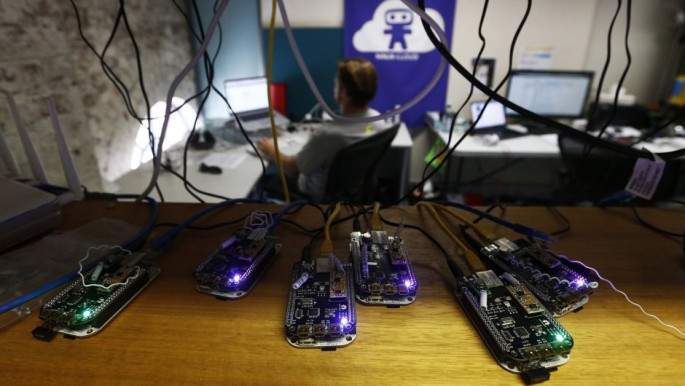Rick Clemmer, the chief executive of Netherlands-based technology chip manufacturer NXP Semiconductors said on Monday that China remains an "extremely important" area of business, echoing a sentiment that has risen to the surface in the early weeks of 2015.
While Beijing has taken a beating from forces claiming that a devious government is withdrawing its previously extended hand now that it has what it wants, Clemmer spoke of a very different Chinese business environment, in which evolution and experimentation formed part of the Dutch company's practice.
For the CEO, China's economy has become a lot more interesting in the wake of a joint venture that was announced last week and an acquisition deal that was finalized on Monday.
NXP's presence in the east Asian country is already fairly well established, as increasing numbers of Chinese consumers are adopting its technology through the use of products like mobile wallets and car infotainment, which form part of the quickly emerging Internet of Things.
On Thursday, NXP announced its future partnership with state-owned investment company JianGuang Asset Management, which will be structured by their joint-venture agreement. Although the agreement has not yet been approved by Chinese officials, JianGuang is positioned to own a 51-percent stake in the joint venture, while its financial and industrial support will bolster the Dutch manufacturer's chip production activities.
According to the NXP CEO, JianGuang will facilitate an entrance into China's manufacturing sector for the chipmaker, including its distribution channels. Eventually, NXP wants to make a significant dent in its manufacturing overheads bill, followed by a profit-margin hike through the sale of top-quality electronic products in China.
Monday's acquisition news announced NXP's purchase of the wearable and Bluetooth low-energy businesses of the Quintic brand, which is largely based in China. Through the deal, NXO will recruit around 65 engineers from Quintic's Beijing, Shenzhen and Shanghai facilities, who will be employed to design chips for the burgeoning wearables market, as well as corresponding apps.
The engineers will also work on mobile banking, smart homes and automotive technology, as NXP extends its roots further into the ground below the Internet of Things.



























